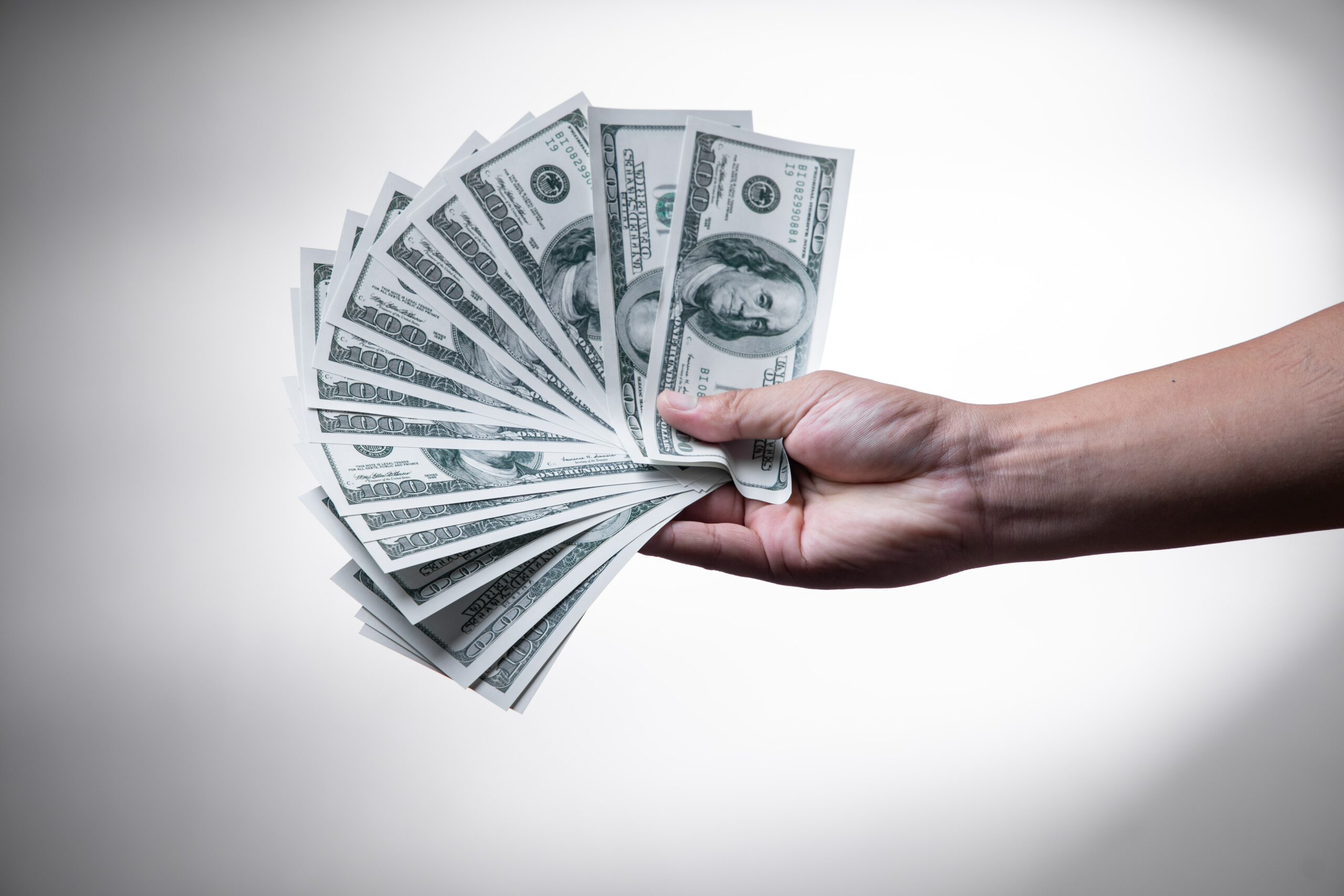If you have found yourself in a situation where you are struggling to decide on whether you should save your money or should pay down your debt, you’re not alone. After all, it isn’t a simple answer because there are many factors to consider when making your decision.
To help you decide, Paul J. Pickering and Associates Limited, your trusted experts on credit counselling, consumer proposals and bankruptcies in London, will share some points for you to consider:
Why You Should Pay Off Debt
While people can carry debt in various places, the most common place debt is carried is on credit cards. Unfortunately this is probably one of the worst places due to the fact that credit card companies often charge 20% to 30% interest on balances. On the other hand, when we look at what you earn in savings accounts, you will typically receive 1% interest (or less) on your balances. When looking at the interest rates being charged or earned, it becomes very clear that you should reduce your debt before saving, as you will be able to save more in interest by reducing your debt than you would earn in a savings account holding onto it.
Paying Off Debts Can Help You Get a Better Credit Score
Beyond having more money, there are other benefits to paying off your debts before adding to your savings. One benefit is your credit score. Remember that your credit score factors in your total credit utilization. So the more debt you have used as a percentage of what’s available to you, your credit score will start to impacted in a negative way. As you pay down your total debt, your utilization rate will also decrease and help improve your score. For example, when you have a better credit score, you have a higher chance of getting approved for a mortgage, rent application or a car loan. On top of that, a higher credit score will typically lead to obtaining a lower interest rates on the loans you are applying for, or even help by reducing the ones you already have. While it’s true that having substantial savings or assets can help when applying for new loans, remember that paying off your debt will not only make you more credit-worthy, but it will also give you more cash flow once the loans have been paid in full. Eliminating minimum payments and large monthly payments can greatly improve your ability to meet your monthly expenses and help with cash flow.
Paying Only the Interest Won’t Get You Closer to Financial Freedom
Due to compounding interest in general, and higher interest rates typically found on credit cards and payday loans, you’ll find that your total debt rarely gets smaller if you only make your minimum payments. You could make minimum monthly payments for years only to discover that the principal amount you owed with remains the same (or more likely continues to grow!). On the other hand, if you are able to pay a large chunk of your debt, or pay larger amounts more frequently, you will reduce both the principal and the total interest, and achieve financial freedom sooner.
Why You Should Save Money
One of the arguments people make to encourage you to save rather than pay down debt would be to save up for a financial “cushion” for emergencies. People often refer to this as an emergency fund. By having enough money saved to cover the equivalent of a few months’ worth bills like rent, mortgage, groceries, car payments, hydro and phone bill etc., it can give you a sense of security because you know that there will be money to spend in case of an unexpected situation. You will sleep better, and it just feels good to know that you can keep food on the table and to have your bills paid for a few months even after an emergency strikes. It allows you time to find a solution to your new emergency “problem” or “hurdle”.
In this scenario, rather than putting all your money towards paying down your debt, you should put a portion of your monthly budget into a savings account until you have accumulated the appropriate “emergency” fund. Once you’ve done that, shift all available discretionary spending money back to paying down your debt.
Balance Is the Key
As we’ve discussed, saving money and paying off debt are both important, but it is important to remember you need to live a little as well. While it is easy to say you’re going to pay down your debt as fast as possible by restricting all non-essential purchases, be careful not to restrict yourself so much so that you get frustrated and give up. Similar to a new workout routine or a diet, if it is too extreme and not sustainable, you’re setting yourself up for failure. Having said all of that, try to be reasonable with your spending and try not to fall into bad spending habits that may prevent you from obtaining financial freedom or from reaching your financial goals.
Conclusion
Whatever you decide, know that you don’t have to deal with your financial difficulties on your own. If you are having trouble making decisions about your finances, or are struggling to meet your ongoing payments, you can consult with one of our financial counsellors or Licensed Insolvency Trustees, who can provide you with debt solutions that are tailored to your specific situation.
Paul J. Pickering and Associates Limited can provide you with an assessment of your financial situation and provide you with solutions that may include, debt counseling, consumer proposals or bankruptcies to help you get your fresh start. So whether you’re starting to get overwhelmed and you don’t know how to handle your debts and minimum payments, contact our office today, and we’ll put together a plan that will work for you!


